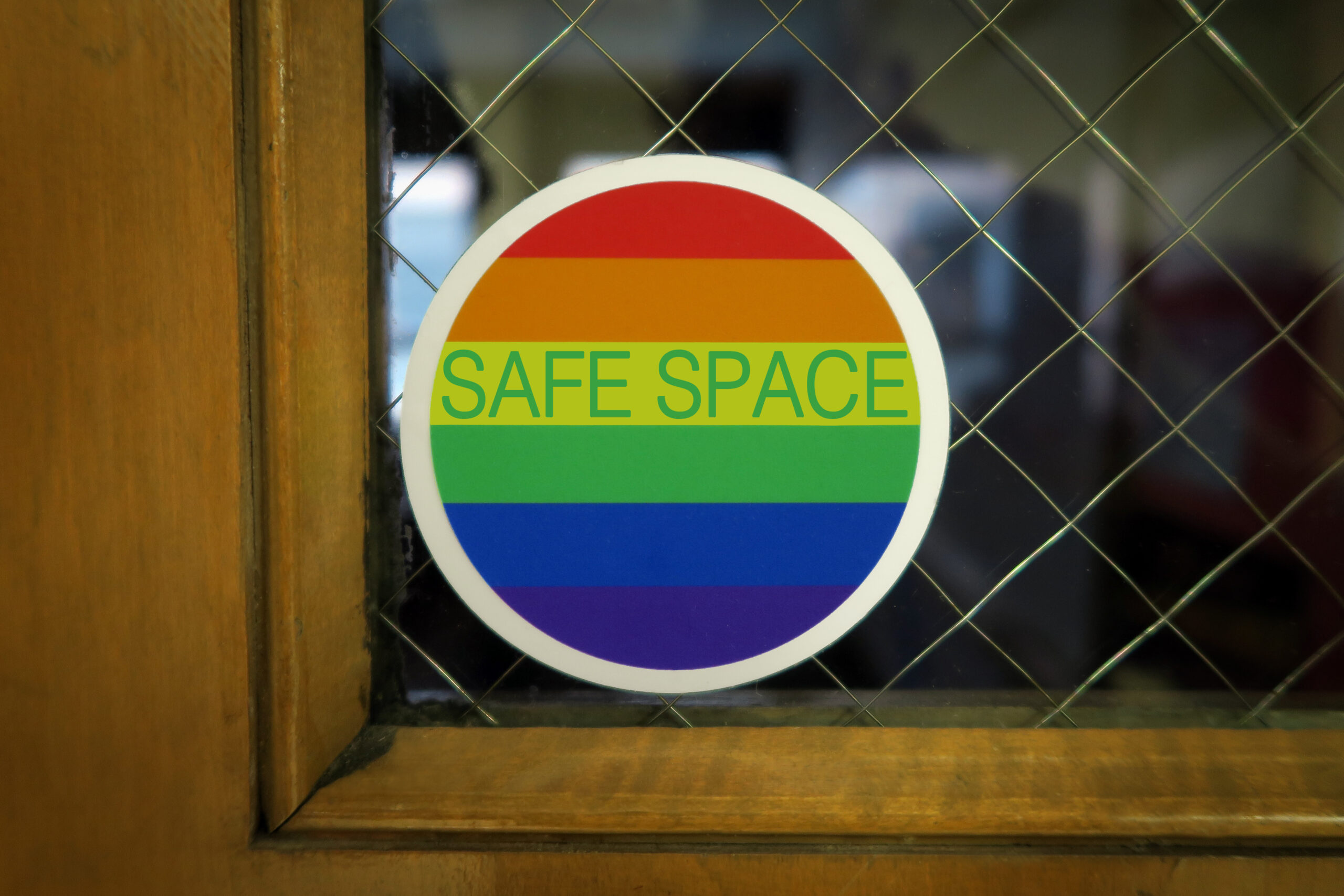
Safe Spaces for the Mental Well-being of LGBTQIA+ Teens
June 3, 2024
The adolescent years can be a tumultuous time, marked by significant personal growth and self-discovery. For LGBTQIA+ teens, these years can be especially challenging due to the additional layer of understanding and navigating their sexual orientation and gender identity in a society that isn’t always accepting.
Mental health awareness for LGBTQ youth is crucial, as they are at a higher risk for experiencing mental health issues, stemming from factors like discrimination, stigma, and lack of support. Safe spaces, both physical and emotional, play a critical role in fostering the mental well-being of LGBTQIA+ teens. Within this article, we explore the importance of these areas and the methods for fostering their growth.
Understanding the Mental Health Challenges
The mental health of LGBTQIA+ teens is a growing concern, with research indicating that LGBTQ youth reported higher rates of depression, anxiety, and suicidal ideation compared to their heterosexual and cisgender peers. The root causes of these mental health challenges are complex and multifaceted.
Stigma and Discrimination
LGBTQIA+ teens often face stigma and discrimination in various forms—from bullying in schools to rejection by family members. These negative experiences can lead to feelings of isolation, shame, and low self-esteem, which are detrimental to mental health.

Lack of Support
Support from family, friends, and the community is crucial for the healthy development of all adolescents. Unfortunately, at times LGBTQIA+ teens may lack this support, which can exacerbate feelings of loneliness and distress.
Internalized Homophobia
The internalization of negative societal attitudes toward LGBTQIA+ individuals can lead some teens to struggle with self-acceptance, further impacting their mental health.
The Role of Safe Spaces
Creating and maintaining safe spaces is a powerful way to combat the mental health challenges faced by LGBTQIA+ teens. These spaces provide a sanctuary where individuals can express themselves freely, connect with others who share similar experiences, and receive support without fear of judgment or harm.
Physical Safe Spaces
Physical safe spaces, such as LGBTQIA+ youth centers, school clubs like Gay-Straight Alliances (GSAs), or inclusive community programs, give teens a place to gather, access resources, and feel a sense of belonging.
Emotional Safe Spaces
Emotional safe spaces are environments where LGBTQIA+ teens can be open about their feelings and experiences. These spaces can be fostered through supportive relationships with friends, family, mentors, and mental health professionals.
Creating Inclusive Environments
In Schools
Schools play a pivotal role in creating inclusive environments for LGBTQIA+ teens. Implementing anti-bullying policies, training staff on LGBTQIA+ issues, and supporting GSAs are ways schools can promote acceptance and safety.
At Home
Families can create safe spaces at home by affirming their teen’s identity, using their preferred pronouns, and offering unconditional love and support. Open communication and education about LGBTQIA+ topics are also important.
In the Community
Community organizations can contribute to safe spaces by hosting inclusive events, providing resources for LGBTQIA+ teens and their families, and advocating for equality and acceptance in the broader society.
The Impact of Safe Spaces on Mental Health
Safe spaces have a profound impact on the mental health and overall well-being of LGBTQIA+ teens. They provide a refuge from the challenges of the outside world and a supportive community that validates their experiences.
Improved Self-Esteem
In a safe and affirming environment, LGBTQIA+ teens are more likely to develop a positive self-image and a strong sense of self-worth.
Reduced Risk of Mental Health Issues
Access to safe spaces is linked to lower levels of depression, anxiety, and suicidal thoughts among LGBTQIA+ teens, as they have opportunities to connect with supportive peers and adults.
Increased Resilience
Safe spaces help LGBTQIA+ teens build resilience by equipping them with coping strategies, resources, and a network of support to navigate life’s challenges.
Supporting LGBTQIA+ Teens’ Mental Health
Providing support for the mental health of LGBTQIA+ teens requires a multi-faceted approach, involving education, advocacy, and access to mental health care.
Educational programs that raise awareness about the unique mental health needs of LGBTQIA+ teens can foster empathy and understanding within families, schools, and communities.
Ensuring that LGBTQIA+ teens have access to mental health professionals who are knowledgeable and affirming of their identities is essential for providing the care they need.
Moving Forward: The Continued Importance of Safe Spaces
The struggle for acceptance and equality for LGBTQIA+ individuals is ongoing, and the need for safe spaces remains as important as ever. As society progresses, the continued development and protection of these spaces are paramount for the mental well-being of LGBTQIA+ teens.
A society that embraces diversity and fosters acceptance for all individuals, regardless of sexual orientation or gender identity, is one that can provide true safe spaces for LGBTQIA+ teens. Advocacy must continue to ensure that the rights and needs of LGBTQIA+ individuals are recognized and addressed at every level—from local communities to national legislation.
The Role of Allies
Allies play a crucial role in supporting LGBTQIA+ teens. By standing up against discrimination, offering support, and advocating for inclusive policies, allies can help create and maintain safe spaces.
The mental well-being of LGBTQIA+ teens is intricately linked to the availability of safe spaces where they can express themselves authentically and receive support. As a society, it is our collective responsibility to nurture these spaces and advocate for the mental health awareness and acceptance of LGBTQ youth. By working together, we can ensure that all teens have the opportunity to thrive in a world that respects and values them for who they are.
At Hillcrest Adolescent Treatment Center, we are dedicated to supporting the growth and mental health of your teen, especially for LGBTQ people who may face unique challenges. Our team provides specialized care to address symptoms of depression and symptoms of anxiety, ensuring that your teen has access to mental healthcare tailored to their needs. We work with teens from all over the United States, so if you require extra support and affirmative care, do not hesitate to reach out to our experienced te

